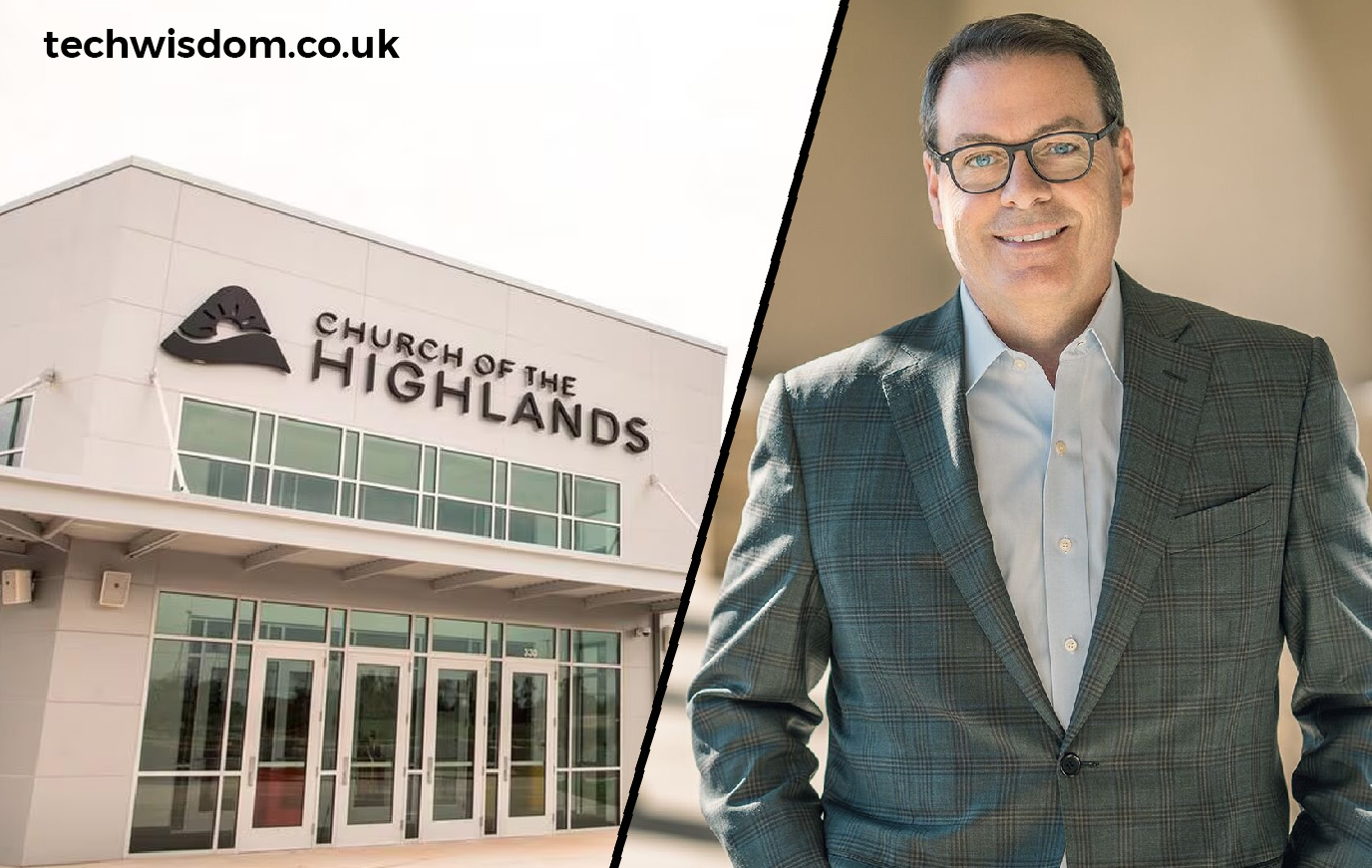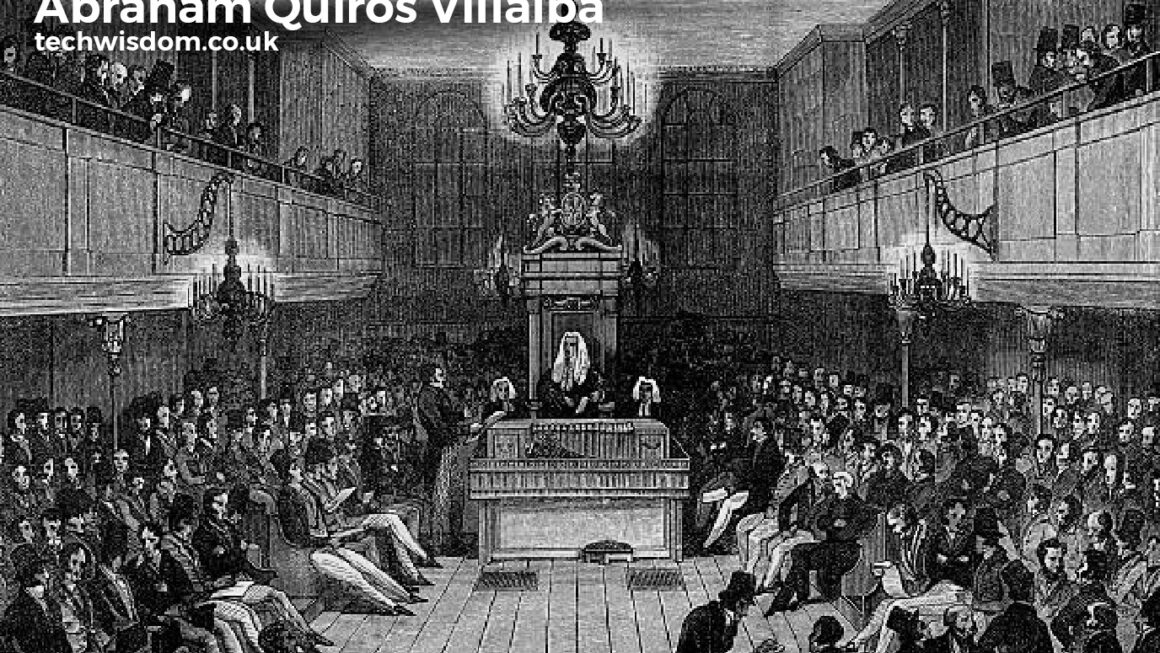The Church of the Highlands in Alabama has been scrutinized in recent years. The Church, renowned for its substantial congregation, faces controversies about its core values, governance, and the ethical practices underpinning its operations. At the heart of these issues lies Pastor Chris Hodges, the Church’s leading figure, whose actions and decisions have brought the Church into the public and media spotlight. This investigative article aims to unravel the complexities of the allegations and provide an in-depth examination of the criticisms facing the Church and its leadership.
Doctrinal Deviations and Diversity Dilemmas

One of the most pressing criticisms of the Church of the Highlands is its purported deviation from traditional Christian tenets. Some congregation members and external observers argue that the Church’s teachings have strayed from foundational doctrines, opting for a more modern yet diluted approach to biblical interpretation. This has led to a broader discussion on the Church’s stance on inclusivity and diversity.
The Financial Transparency Question
Money management in large religious institutions like the Church of the Highlands is another hotbed of public interest. Allegations of financial misconduct, inadequate transparency regarding donations, and preferential treatment of significant contributors have marred the Church’s reputation. Members and outsiders alike have voiced a need for greater clarity on how funds are being used, particularly surrounding Pastor Hodges’ stewardship and the financial mechanisms at his disposal.
Leadership and Accountability
An organization’s decorum and its leadership’s integrity are tightly interlinked. Accusations of abuse of power among the Church’s leadership have surfaced, involving issues such as pastoral misconduct and the ethical implications of handling such sensitive matters. While the Church has instituted measures aimed at rehabilitation, the effectiveness and true intent behind these initiatives remain contentious, prompting a debate over the Church’s commitment to accountability.
Navigating Allegations of Misconduct
The Church’s commitment to its foundational beliefs and how it elects to embody these principles has been called into question. Stirring high-profile legal disputes citing wrongful terminations and possible misconduct cover-ups signals a deepening crisis. Such legal challenges foreground the potential divergence between the Church’s professed values and operational realities. The crux of these battles hinges on the integrity of the Church of the Highlands’ ethical practices and leadership structure.
In dissecting these layered controversies, this article will not only trace the origins and evolution of the Church of the Highlands’ current predicaments but also explore the broader implications for religious institutions grappling with transparency and public trust in an era of heightened scrutiny. The Church’s response to these challenges and the path it chooses to forge hereafter may serve as a bellwether for the sustainability of its mission and the credibility of its place within the community.
With a keen eye on uncovering the facts and discerning the truth behind the sensational headlines, we examine the details of each controversy and how they intersect with the public’s perception of religious accountability. The path ahead unveils complex narratives and intricate further information surrounding the inner workings of one of Alabama’s most influential faith-based juggernauts.
Unraveling the Allegations

The Church of the Highlands‘ flamboyant trajectory into notoriety has been marked by controversial decisions, unconventional methods, and contentious policies, which have drawn the ire of critics and the attention of supporters. Beginning with doctrinal deviations, the Church’s departure from standard ecclesiastical teachings has not gone unnoticed. Critics argue that blending modern influences with scriptural teachings has diluted the potency and integrity of age-old Christian doctrines. The challenge the Church faces in balancing its message of inclusivity with its commitment to specific tenets has also brought broader questions concerning the spectrum of diversity within its fold.
The Money Trail
Financial dealings within religious organizations are invariably fraught with calls for accountability. The Church of the Highlands’ economic structure, centered on donations and tithes, has been criticized for a lack of transparency. Questions about how funds are allocated, the Church’s financial commitments to various projects, and Pastor Hodges’ fiscal stewardship remain at the forefront of this debate. Concerns intensify when considering allegations of preferential treatment; claims suggest that individuals who contribute more significant sums of money seem to receive special attention or influence within the Church. Such insinuations provoke inquiries regarding the moral compass guiding the management of church finances.
Where Ethical Lines Are Drawn
In any organization, the moral fabric is most tested after indiscretions. For the Church of the Highlands, concerns over how it deals with pastoral misconduct have been particularly thorny. Church leaders are expected to bear the mantle of moral arbiters, yet accusations targeted at these leaders jeopardize the institution’s ethical standing. The extent to which the Church tackles these matters and the transparency with which it does so are crucial markers of its dedication to moral governance.
In handling concerns regarding wrongful termination and the concealment of improprieties, the Church finds itself entangled in legal disputes that call into question its virtues and the alignment of its actions with its professed values. These episodes add to the tapestry of contentious issues the Church of the Highlands has woven over the years. They illustrate its struggles in safeguarding ethical conduct and the implications of handling such personal and sensitive matters.
Implications for the Faith Community
The impact of the controversies surrounding the Church of the Highlands is twofold. For one, there are practical consequences on the institution, its congregation, and Pastor Hodges’ reputation. The Church’s direct influence on individuals and communities must be measured against the claims raised to grasp its societal role fully. Additionally, the unfolding saga has symbolic importance for religious institutions worldwide. It captures the tension between a church’s responsibility to uphold a moral ethos and the practical challenges of maintaining such standards in an increasingly complex and scrutinized environment.
A Call for Transparency and Change
Advocacy for change is often born from crises. The many voices raised against the Church of the Highlands signal a broader request for reform within religious entities, pushing for systems that ensure integrity and uphold public trust. Key to this transformation is a heightened demand for transparency, particularly in financial management and leadership actions. Whether this series of controversies will stimulate the Church to institute meaningful reforms remains to be seen. However, the situation is a telling case study of the trials facing religious groups in the public sphere.
Church of the Highlands’ Response
The actual test of an organization’s mettle is exhibited in its response to adversity. The Church has attempted to address some allegations by justifying its actions or implementing corrective measures. Yet, the effectiveness of these remedies and their acceptance by the wider community continue to be a point of contention. In the balance hangs not only the future of the Church of the Highlands but also the faith of those who look to it for spiritual guidance.
Looking Ahead
The intertwining narratives of doctrinal adherence, financial dealings, ethical conduct, and legal battles present a complex scenario in which the Church of the Highlands has found itself. These are not merely insular problems confined within the church walls; they speak to religious institutions’ societal roles and responsibilities. How the Church chooses to address these issues moving forward – whether through tangible reforms or by upholding the status quo – will significantly influence not only its trajectory but also that of faith-based organizations across the globe.
In conclusion, the controversies surrounding the Church of the Highlands and Pastor Chris Hodges are emblematic of the broader challenges faced by contemporary religious institutions. The discourse on financial transparency, the handling of leadership controversies, and adherence to doctrine will likely continue to spark debate. The steps that the Church takes to reconcile these issues with its stated mission and values will be critical in setting a course for its future and determining its role in the lives of its followers.













